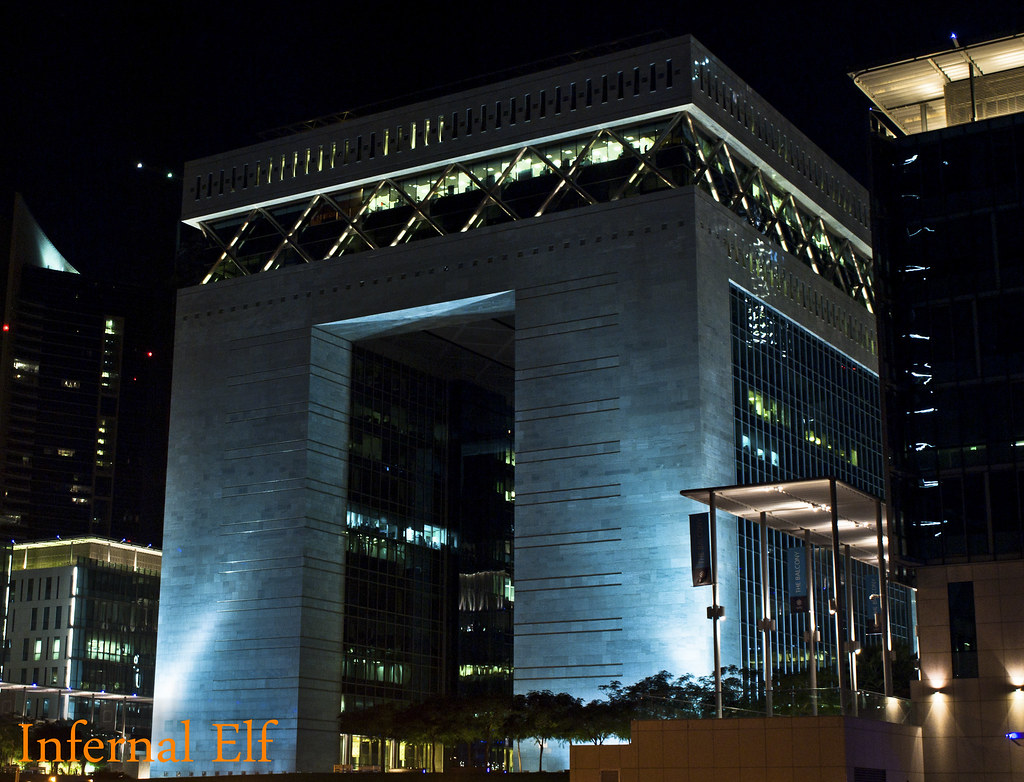Establishing a Holding Company in ADGM or DIFC: Structures, Steps, and Advantages

The United Arab Emirates, as a leading global business destination, provides both local and foreign investors with a diverse range of corporate structures and investment opportunities. Among these, the holding company structure stands out as a strategic vehicle, providing benefits such as asset protection, tax efficiency, and streamlined business expansion.
What is a Holding Company?
Holding companies are legally incorporated business structures designed to hold controlling stocks, assets, or shares of other companies. While traditionally associated with holding ownership, holding companies can be structured in two ways: Passive Holding Companies and Operational Holding Companies. In either structure, a holding company serves as an effective vehicle for centralizing assets, exercising strategic oversight, and risk mitigation across its subsidiaries and investment portfolio.
Holding Company Structures in Abu Dhabi Global Market (ADGM) and Dubai International Financial Centre (DIFC)
ADGM and DIFC offer distinct types of holding company structures specific to meet the strategic needs of businesses. These structures are well-suited for companies seeking to expand their operations, streamline asset ownership, or enhance corporate governance across multiple jurisdictions. With flexible regulatory frameworks, international legal standards, and access to global markets, both ADGM and DIFC provide ideal platforms for businesses looking to scale, restructure, or centralize their holdings in a secure and efficient environment.
How to set up a Holding Company in the ADGM or the DIFC?
Structuring a holding company in the ADGM or the DIFC involves a multi-step process.
Determine the Appropriate Holding Company Structure:
The first and most critical step in establishing a holding company in the UAE is to decide whether you intend to set up a Special Purpose Vehicle (SPV) or an Operational Holding Company. These two structures serve different business functions and fall under distinct regulatory frameworks in the Abu Dhabi Global Market (ADGM) and the Dubai International Financial Centre (DIFC).
- Passive Holding Companies
Special Purpose Vehicles (SPVs) in ADGM and Prescribed Companies (PCs) in DIFC serve as dedicated structures for passive holding and asset management purposes. Passive holding companies are non-operational entities primarily established for asset-holding purposes. They are used to own shares in subsidiaries, hold intellectual property rights, or manage real estate portfolios, without engaging in trading or revenue-generating activities.
These entities are designed to:
- Ring-fence legal and financial liabilities
- Separate and safeguard assets
- Simplify complex group ownership structures
- Support cross-border investment structuring
In ADGM, such entities are incorporated as SPVs, typically as Private Companies Limited by Shares (Ltd). In the DIFC, the equivalent structure is the Prescribed Company, which provides similar flexibility but is subject to specific eligibility criteria. Under the updated framework, PCs can be established by qualifying applicants—such as GCC Persons or DIFC Persons—for defined qualifying purposes, to hold assets. Importantly, both ADGM SPVs and DIFC Prescribed Companies are limited in scope and are prohibited from conducting commercial or operational activities unless specifically approved under applicable regulations.
- Operational Holding Companies
Operational holding companies differ in that they are permitted to engage in commercial and strategic activities in addition to asset ownership. In ADGM, an Operational Holding Company is typically licensed under the commercial activity of “Holding Company”, which permits it to engage in active oversight and management of subsidiaries and other investments. In contrast DIFC refers to such entities as “Active Enterprises”, or “Holding Companies” distinguishing it from the more passive nature of a Prescribed Company. The activities of Holding Companies may include:
- Providing centralized services to group companies
- Overseeing business strategy or group-level management
- Actively managing subsidiaries and investments
- Such entities must obtain a commercial license under a designated activity such as Holding Company and comply with substance and governance requirements, including:
- Maintaining physical office space in the jurisdiction
- Meeting accounting, audit, and economic substance reporting obligations (as applicable).
Choosing the company name and submitting required documents
Once the legal structure is finalized, the next step is to select a unique company name that aligns with the intended holding purpose. Following this, you will need to prepare and compile the necessary documentation for incorporation. This typically includes the Memorandum and Articles of Association (MoA and AoA), shareholders resolution, proof of residential addresses for shareholders and directors, identification documents, business plans, and any other documents required by the relevant registration authority to complete the incorporation process.
[Drafting the Articles of Association and Memorandum of Association based on the nature of each business is crucial to ensuring the company operates effectively.]
Incorporation and registration of the company:
In ADGM, the registration process for a holding company begins by submitting an application to the ADGM Registration Authority. The applicant must choose the appropriate legal structure and provide all necessary supporting documents. The specific documentation and compliance requirements may vary depending on whether the holding company is structured as a passive SPV or an operational holding entity.
In DIFC, the process involves submitting an application to the DIFC Registrar of Companies (ROC) for a commercial licence, specifying the proposed business activities of the holding company. Depending on the nature of the entity (e.g., Prescribed Company or Active Holding Company), the applicant must also obtain approvals from the DIFC Authority and satisfy any additional requirements related to office space, shareholding structure, and compliance declarations.
Post-incorporation setup
Following incorporation, the ADGM or DIFC Authority will issue the official incorporation documents. In the case of passive holding company structures, the issuance of incorporation documents typically completes the license process, as these entities are not intended to lease physical office space, employ staff, or engage in operational activities. For operational companies, once the incorporation documents are issued, the company may proceed to apply for an Establishment Card and if required, the company can also begin the visa processing for its employees.
Compliance Obligations
Once the company is incorporated, it becomes subject to a compliance obligations that must be carefully observed throughout its operation. These include timely submission of annual filings and audited financial statements, where applicable, as well as compliance with Economic Substance Regulations (ESR), the company must ensure accurate and up-to-date disclosure of Ultimate Beneficial Ownership (UBO) information in accordance with regulatory requirements. Another critical obligation is corporate tax registration, which is now mandatory for UAE entities. It is essential that the company consistently monitors and adheres to these obligations to avoid penalties, maintain good standing, and ensure smooth business continuity. Proactive compliance not only protects the company from legal risks but also enhances its credibility with financial institutions, investors, and regulatory bodies.
What are the key benefits that ADGM and DIFC offer to their Holding Companies?
A holding company can serve as a centralised vehicle to own and oversee various investments or subsidiaries in the UAE, the GCC, or globally. Both ADGM and DIFC present key advantages:
- 100% foreign ownership – Holding companies can be wholly owned by foreign investors, allowing complete control over their businesses without the requirement for a local sponsor. Single shareholder setups are also permissible.
- Zero corporate & personal tax – Companies in these financial free zones may benefit from a 0% corporate tax rate on qualifying income, provided they meet specific conditions related to substance, qualifying activities.
- Common law legal system – Both centres operate under independent legal regimes based on English common law, ensuring legal certainty, clarity, and strong enforcement of contracts. They also have courts that guarantee fair dispute resolution.
- Strategic location and access to global markets – Their strategic positions facilitate seamless access to major markets worldwide, opening extensive trade and investment opportunities.
- Capital and profit repatriation – Investors can repatriate their capital and profits , ensuring financial flexibility.
The ADGM and the DIFC offer ideal ecosystems for establishing holding companies. Nevertheless, customising the Articles of Association and Memorandum of Association in line with the specific needs of the business is crucial to ensure operational flexibility, legal clarity, and long-term strategic alignment. Given the complexities involved in corporate structuring and compliance, the incorporation process requires thorough due diligence. It is essential to seek guidance from qualified legal, tax, and financial advisors to ensure a smooth setup and full adherence to all applicable regulatory obligations.
By entering the email address you agree to our Privacy Policy.



